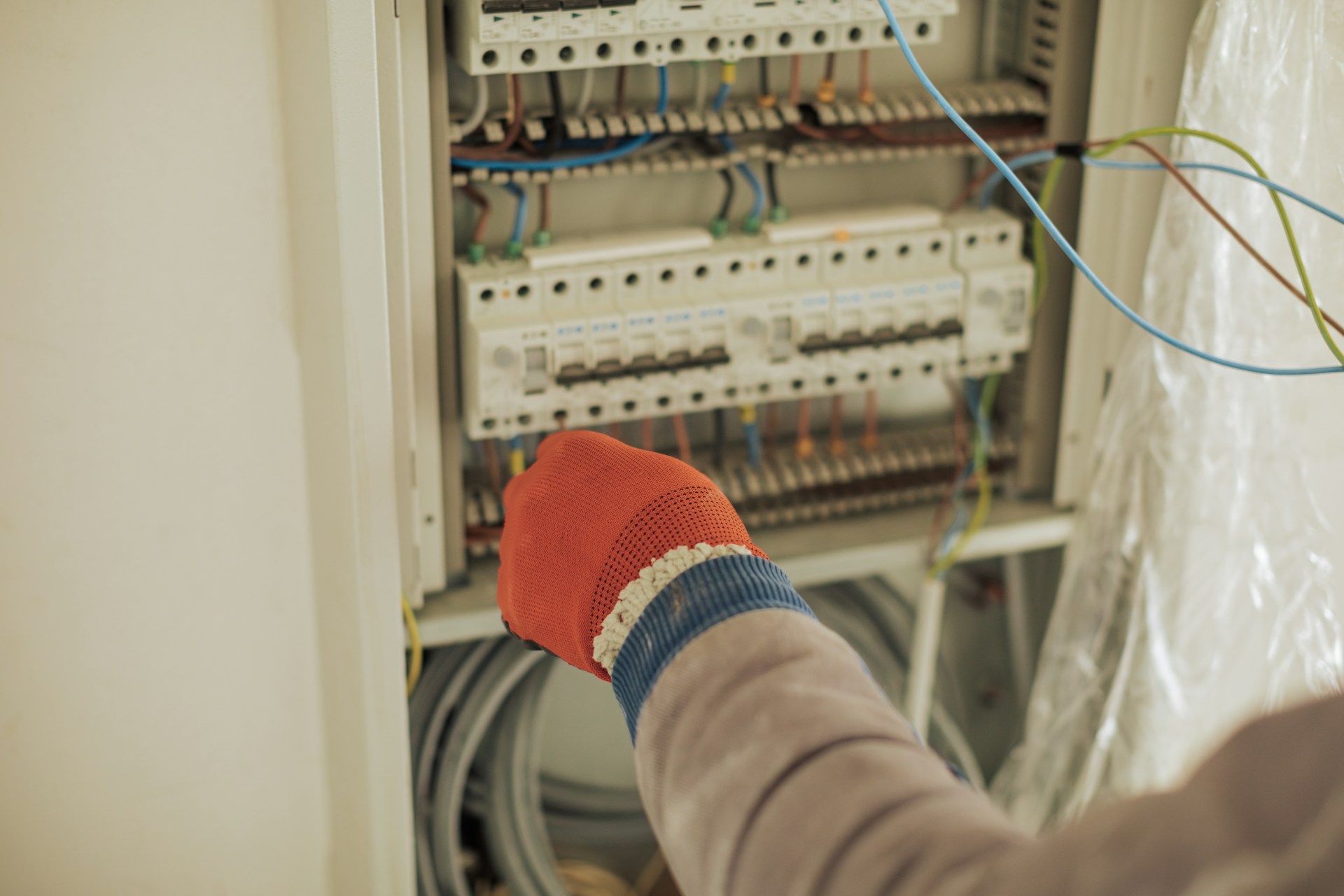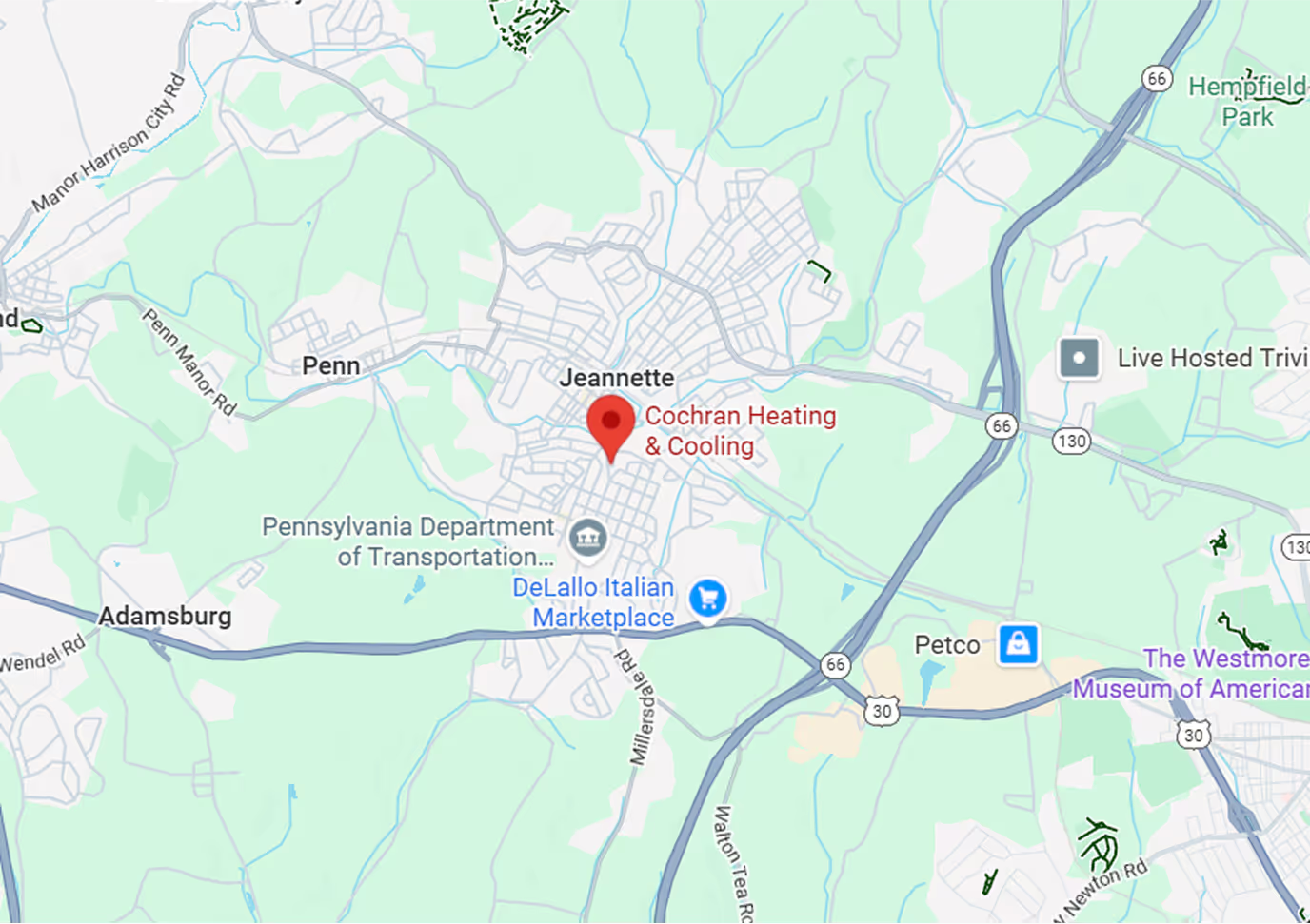Why Your HVAC System Trips Circuit Breakers in North Huntingdon

If your HVAC system keeps tripping the circuit breaker, it’s more than just an inconvenience — it may be a signal that something is wrong behind the scenes. Homeowners in North Huntingdon often run into this issue during the hotter months when their cooling systems are working overtime. While resetting the breaker might seem like a quick fix, repeated trips usually point to a deeper problem that needs attention.
Electrical issues tied to your HVAC system can lead to discomfort, damage, and in some cases, safety concerns if not addressed properly. The trouble could come from overloaded circuits, internal malfunctions, or faulty connections. Understanding what causes these interruptions is the first step to getting your system back on track and avoiding costly repairs down the line.
Understanding Why Your HVAC System Trips Circuit Breakers
Your HVAC system relies on electricity to power vital components like the compressor, fan motors, and thermostat. When everything is running smoothly, these parts draw a steady amount of power. However, when something within the system isn’t working as it should, it can suddenly demand more electricity than intended. That sudden spike can force your circuit breaker to trip, cutting power to avoid overheating or damage.
Circuit breakers are built to be safety devices. They detect when too much power is being pulled and immediately shut off the electrical flow to prevent damage to the system or risk of fire. So when the circuit tied to your HVAC trips more than once, that’s a red flag. It’s protecting your home, but also giving you a message: something isn’t working the way it should.
Let’s say you try to start your air conditioning and it immediately shuts off the breaker. That interruption isn’t random. That may be a sign of a shorted wire, an overworked compressor, or an electrical issue within the system that’s causing an extreme power draw.
Common Causes Of Circuit Breaker Tripping In HVAC Systems
There are several reasons why your HVAC system might be overwhelming your breaker. These problems can build up over time or happen suddenly, depending on how often the system is used and what condition it’s in. Here’s a look at the most common causes:
– Overloaded circuits: This happens when your HVAC system pulls more electricity than the circuit is rated for. It’s especially common in older homes where electrical panels haven’t been updated.
– Short circuits: If wires inside the HVAC unit are damaged or exposed, they may come into contact with each other or grounded surfaces, causing a short and tripping the breaker.
– Ground faults: Similar to a short circuit, but instead of wire-to-wire contact, a live wire touches a grounded surface, creating a sudden surge in electricity flow.
– Malfunctioning components: If a part like the compressor or blower motor is failing, it may demand more energy than usual, tripping the breaker each time it turns on.
– Faulty electrical panel: Sometimes the issue starts at the panel itself. Breakers that are worn out or improperly wired can trip for reasons unrelated to the HVAC unit.
Identifying what’s causing the trip isn’t always something you can figure out by looking at the breaker box. It often takes a closer inspection of the HVAC system, wiring, and connected circuits to find the real issue. Keeping an eye out for repeat trips is key — if it happens more than once, it’s time to get it looked at.
Signs That Your HVAC System Might Be Tripping the Circuit Breaker
Sometimes, the first sign of trouble isn’t the circuit breaker itself, but what your HVAC system does just before and after it trips. By catching these indicators early, homeowners in North Huntingdon can act before a minor inconvenience turns into a major system failure.
Here are some of the most common red flags:
– Frequent breaker trips when the HVAC system starts up. If your breaker trips right when the system kicks on, the startup load may be too high due to a failing component.
– Drop in cooling performance. You might feel weaker airflow or notice that your home just isn’t staying as cool as usual.
– Specific areas of your home experiencing unexpected power losses. If one room suddenly loses power when the HVAC system is running, the problem could be tied to shared circuits or grounding issues.
– Unusual HVAC noises. A loud buzzing, humming, or clicking sound could point to electrical issues inside the HVAC unit that are drawing too much power.
One common example is when a homeowner resets their breaker and the AC works for a few minutes before shutting off again. As this pattern continues, it usually gets worse over time and starts happening more often. That’s when it’s clear that the issue needs professional attention.
How Our Technicians Diagnose and Fix Circuit Breaker Issues
When the problem isn’t obvious from the breaker panel or thermostat, it’s time for a system-specific inspection. Diagnosing HVAC-related breaker trips requires a structured approach to locate the root cause, not just treat the symptom.
Our technicians follow a standard diagnostic process:
1. System inspection – Starting at the unit itself, our professionals look for signs of overheating, corrosion, burnt wiring, or faulty capacitors.
2. Electrical testing – We measure current draw to see if components like the compressor or fan motor are pulling more power than they should.
3. Circuit analysis – We check whether the electrical panel and connected circuits have the proper ratings to support the HVAC load.
4. Component testing – Faulty relays, breakers, and motors get tested to confirm whether repair or replacement is needed.
Sometimes we find that an HVAC component is working harder than it should because of unrelated wear-and-tear, such as clogged filters or restricted airflow. Other times, the problem is electrical — a dying breaker or faulty wiring creating resistance and heat.
Trying to fix breaker-related issues without the right tools or training often makes the problem worse. Improper handling can damage the HVAC system or create hazards that weren’t there before. That’s why we strongly recommend leaving the diagnosis and repair to our professionals.
Tips for Preventing Circuit Breaker Trips in the Future
Once the issue is resolved, the next step is avoiding repeat problems. After all, fixing the system is good, but keeping it from breaking again is better.
Here are a few ways homeowners in North Huntingdon can reduce future risks:
– Schedule regular maintenance. Annual HVAC service helps keep the system running within normal operating limits.
– Replace old components. Aging motors, capacitors, and compressors are more likely to pull extra power and trip breakers.
– Upgrade your electrical panel. Older panels often weren’t built to handle modern HVAC loads. Upgrading can stop recurring trips.
– Balance your home’s power use. Avoid running too many high-load appliances on the same circuit as your HVAC system.
– Keep outdoor units clean and clear. Blocked coils or debris buildup can strain the system and lead to overheating.
Preventative action goes a long way in keeping cooling systems steady through the hot season. Many problems start small and only cause minor annoyances at first, which is why it’s important to stay ahead of them.
Ensuring Reliable HVAC Performance Through Professional Care
Summer heat in North Huntingdon puts a lot of pressure on HVAC systems. When parts overheat or draw too much power, your breaker steps in to protect your home, but repeated trips mean there’s a deeper issue in play. Failing to fix the root cause can leave you without cooling when you need it most.
Responding early to warning signs is the key to staying comfortable and safe. With the right inspections, timely repairs, and a proper maintenance routine, you can keep your HVAC system running smoothly and avoid future disruptions. If your unit is giving off any hints that something isn’t right, now is the time to take action.
If repeated breaker trips have you concerned about your system’s reliability in North Huntingdon, regular professional inspections can help identify and address underlying issues before they escalate. At Cochran Heating and Cooling, our professionals are skilled in diagnosing electrical problems and ensuring that your cooling system runs efficiently when you need it most. Learn more about our HVAC service in North Huntingdon to better understand how we can help improve your unit’s performance. For a quick estimate or to book a service visit, please contact us today.


